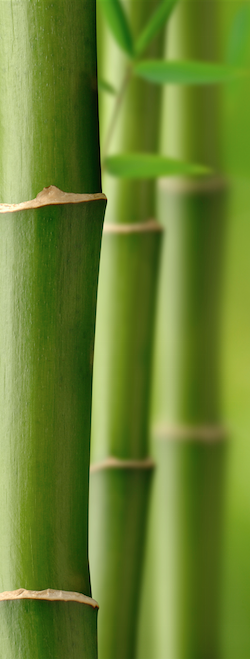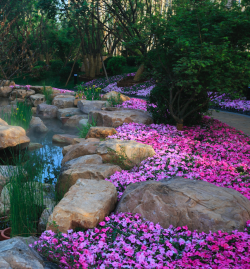- © 2024 Annapolis Home Magazine
- All Rights Reserved
 Feng shui is the Chinese art of placing elements within a house or garden to achieve positive energy, drawing prosperity, health, and well being. The word feng literally means “wind” and the word shui means “water.” The five basic elements of feng shui, in order, are water, wood, fire, earth, and metal.
Feng shui is the Chinese art of placing elements within a house or garden to achieve positive energy, drawing prosperity, health, and well being. The word feng literally means “wind” and the word shui means “water.” The five basic elements of feng shui, in order, are water, wood, fire, earth, and metal.
The idea of feng shui is to arrange these elements to raise the level of chi, which means universal energy or energy flow. Chi must be able to move freely throughout a space. At the same time, you do not want chi to move too quickly, as you need time to absorb its benefits. When in doubt, observe the shapes of nature. In general, feng shui design mimics the natural world’s soft flowing lines.
When practicing feng shui, include at least two of its elements into your plan. Water is one of the most powerful conduits of chi and symbolizes life force, for it is the source of all living things. Water can take the form of a simple bird bath or a self-contained vase fountain that plugs into a 120-volt outlet. A classic Italian fountain with plumbing will work well also. Other options are a naturally shaped pond with fish and plantings or a more formal pond with jets.
Wood represents innovation, creativity, and birth. Incorporate wood in the form of a wood deck with built-in benches. Choose real untreated wood, such
as cedar or Ipe. If you want to step things up, try an arbor that can frame an entrance to a garden or water view. A gazebo or pergola offers shade from the sun and a cozy sitting or dining area.
Fire attracts enthusiasm and energy into your space. Options include a stone or brick fireplace or hearth incorporated into a pergola or pavilion and a portable fire pit or one embedded into a sandy beach area.
Earth expresses stability, strength, and patience. Place gently sloping berms in your landscape, which also help screen views or create privacy. Another idea is to design a space that retains earth and fill this with interesting rocks. A dry river bed or
Metal symbolizes success in business or harvesting and an adult’s accomplishments in later years. It may take the form of statuary, an arbor, planters, or wind chimes whose gentle sounds offer peace.drainage area are perfect for this.
Pay special attention to the pathways in your garden and those that lead to your home. They must not be blocked or cluttered. Your pathways should not connect readily to a busier area, as this can attract frenetic energy.
Elements relate to each other. So, be sensitive to scale and proportion. Creating balance between the elements creates good feng shui and is good design. A gigantic pool or fireplace with little seating area or greenery to soften such hard space would read as cold, overwhelming, and uncomfortable. Elements should never look forced or out of place in their position.
 Color is also important and should blend with the surroundings. Different colors have different energy levels. Yin colors represent the elements water and metal, which are healing and relaxing. Yang colors represent the elements of earth, wood, and fire that provide motivation and positive energy. Both are good in their own way but should not be mixed together. The yin colors are blue, black, purple, and white, and the yang colors are orange and yellow.
Color is also important and should blend with the surroundings. Different colors have different energy levels. Yin colors represent the elements water and metal, which are healing and relaxing. Yang colors represent the elements of earth, wood, and fire that provide motivation and positive energy. Both are good in their own way but should not be mixed together. The yin colors are blue, black, purple, and white, and the yang colors are orange and yellow.
Strive for order; each element within the garden should have a specific purpose and place. As the forces do their work, relax and reenergize in your garden of tranquility.
Grace Schneider is a Landscape Designer for McHale Landscape Design. She received a degree in Landscape Architecture from West Virginia University in 1985 and has been observing and creating beautiful gardens ever since.
Resources:
McHale Landscape Design, mchalelandscape.com
Feng Shui Institute, www.feng-shui-institute.org
From Vol. 5, No.2 2014
Annapolis Home Magazine